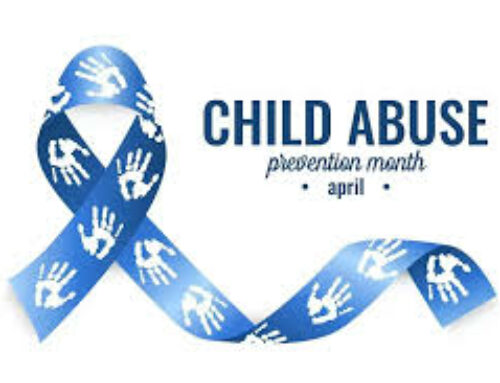Published in the July 20 – Aug. 2, 2016 issue of Morgan Hill Life
By Michelle Montoya

Michelle Montoya
The word “catfishing” brings to mind the image of rubber waders, fish hooks and tackle boxes on a fun vacation outing. Unfortunately, there’s a new use for the word that is more sinister. These days catfishing is associated with social media and “bottom-feeders” preying on users young and old alike.
In recent weeks, many people in the South Valley region have learned about this dangerous trend after a Gilroy High School teacher was arrested on suspicion of soliciting illicit images from minors through the Internet.
Catfishing is a term used to describe the process of luring someone into a relationship by means of a fictional online persona. The person doing the luring is the “catfish,” a scammer out to trick another user. Catfishing is not new. It has been around almost as long as the Internet has been in existence.
Tricksters and con-men have used email and now social media to approach people while pretending to be somebody else. They then befriend the victim and then take advantage of them. The motivation for catfishing can be anything from a secret crush, to boredom, to identity theft or sexual solicitation.
Catfishing starts like this: A random person starts messaging you, but refuses to use Skype or video calling. Their phone is often “broken” so you can’t hear their actual voice. They may attempt to escalate a romantic relationship very quickly, asking for risqué photos or video. They may have a sad story that requires you to send money to help them out of a bad spot. They make up reasons why they can’t meet. They do not give out their physical address. Their online profiles are often full of poor grammar and they don’t have any pictures with friends or family. If you have encountered any of these behaviors, you have most likely been catfished.
Teens are especially susceptible to being catfished. With 94 percent of teens using social media to connect and make new friends, and up to 72 percent using social media to “get support through hard times,” the majority of teens are turning to the Internet to develop meaningful relationships, according to a Pew Research Center study.
Many teens report being online “almost constantly” with their easy-access smartphones and most of this online activity is unmonitored.
Websites such as Facebook and apps such as Snapchat, Instagram, Messenger and myriad of others expose teens to a barrage of potential “friends.” Most of these friends’ identities are unverified.
In fact, according to the Polly Klaas Foundation, “one in eight youth ages 8 to 18 have discovered that someone they were communicating with online was an adult pretending to be much younger.”
One in five teenagers report they have received an unwanted sexual solicitation while online — but only 25 percent of those told a parent, according to Online Predators Statistics.
What can you do to protect your child from catfishing scams?
Rule No. 1 is to start talking. Educate your kids about the potential dangers. Role-play situations and practice responses. Establish rules for use and as they get older revisit those rules. Have a contract that both kids and parent can agree to. The top three non-negotiable safety rules should be:
• Never give out personal information. This sounds obvious, but 29 percent of kids have reported they would give out their home address if asked online, according to NOP Research Group.
• Never meet offline without parent’s OK. This is critical. With sexual trafficking on the rise and the anonymity of the Internet, meeting offline is dangerous. If your teen wants to meet offline, go with them and meet in a high-traffic, well-lit public place.
• Talk with your teens about who they are contacting. They aren’t going to volunteer the information. If you want to know, ask them.
For more information about catfishing, visit www.socialcatfish.com. Visit www.mydiscoverycc.com for information about Cyber Safety Parent Education workshops at the Morgan Hill Community and Cultural Center July 26 through Aug. 9 and Cyber Safety Workshops provided by Discovery Counseling Center in Morgan Hill schools this fall.
Michelle Montoya is the program manager for Discovery Counseling Center and leads Cyber Safety Assemblies in schools and community workshops. She wrote this column for Morgan Hill Life.






